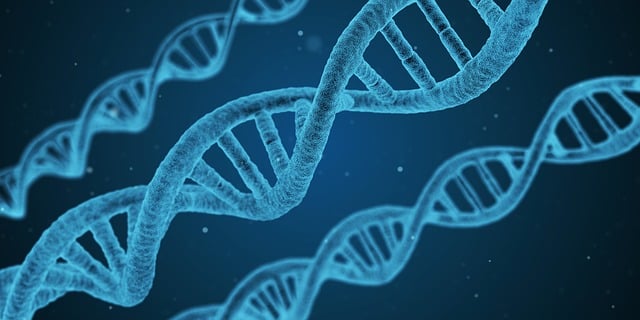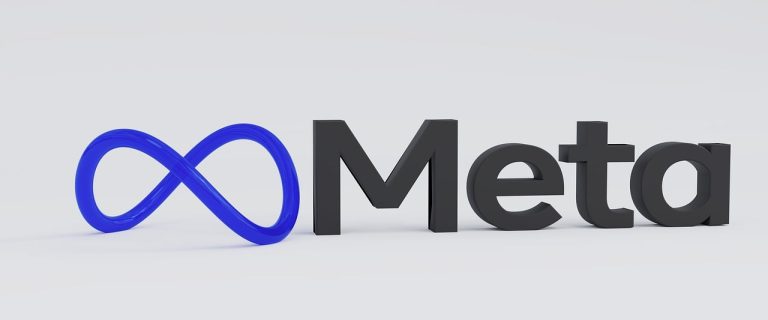
A team of scientists has developed a method for encoding digital information onto DNA molecules at speeds 350 times faster than existing technologies. The study unveils an innovative approach to data storage through epigenetic modification of DNA, and researchers are confident this technology could pave the way for creating biomolecular systems for real-world information storage.
Based on their findings, the scientists assert that a single human DNA molecule could potentially store up to 215,000 terabytes of data, a prospect that has long captivated the scientific community, positioning DNA as a promising medium for digital data storage.
Two main obstacles remain on the path to fully utilizing DNA for data storage. First is the production cost. Currently, data can only be recorded via DNA synthesis in specialized factories, a method far too costly for widespread application. The second challenge is the low speed of encoding data onto DNA molecules.
The proposed approach addresses both issues by leveraging natural mechanisms that significantly accelerate the process. This method relies on methylating nitrogenous bases on an existing DNA template, eliminating the need for synthesis and enabling rapid data encoding, referred to by researchers as “epi-bits”—the equivalent of bits in conventional digital computing.
The presence or absence of methylation allows data to be represented as 1s and 0s. Testing has shown that the new method can record data at a speed of 350 bits per reaction, a substantial improvement over previous techniques, which achieved only one bit per reaction.
In addition to boosting performance, scientists have enhanced the usability of DNA-based storage by creating the iDNAdrive platform. Around 60 volunteers from various scientific fields successfully encoded approximately 5,000 bits of text information using this platform.
However, the technology still lags behind traditional storage methods. Even with epi-bits and an automated liquid-handling platform, data writing speeds reach only 40 bits per second (whereas SSDs can read and write data at 200-550 MB/s).
Researchers also raise concerns regarding the durability of methyl marks created by the new technology. Another challenge lies in implementing random-access memory-like data retrieval: accessing individual files in an epi-bit system requires reading the entire database, which is inefficient with nanopore sequencing.
Currently, the cost of epi-bit technology surpasses that of traditional DNA-based storage systems. Nevertheless, scientists remain optimistic that further automation and optimization will reduce costs and bring this technology closer to commercialization.


